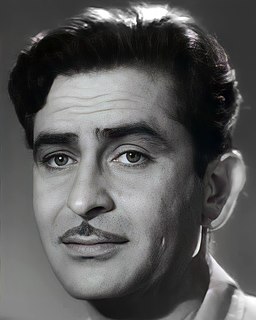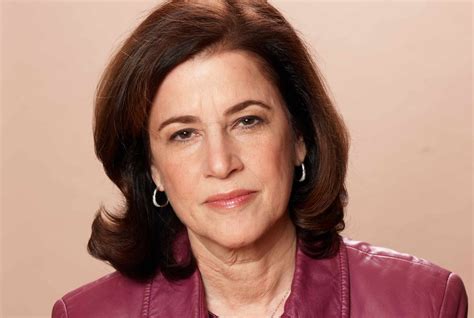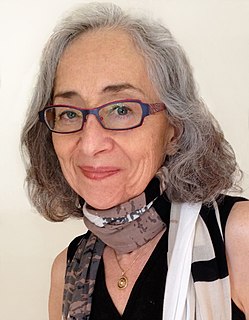A Quote by J. K. Rowling
Harry's status as orphan gives him a freedom other children can only dream about (guiltily, of course). No child wants to lose their parents, yet the idea of being removed from the expectations of parents is alluring. The orphan in literature is freed from the obligation to satisfy his/her parents, and from the inevitable realization that his/her parents are flawed human beings. There is something liberating, too, about being transported into the kind of surrogate family which boarding school represents, where the relationships are less intense and the boundaries perhaps more clearly defined.
Quote Topics
About
Alluring
Being
Beings
Boarding
Boarding School
Boundaries
Child
Children
Clearly
Course
Defined
Dream
Expectations
Family
Flawed
Freed
Freedom
Gives
Harry
Her
Him
His
Human
Human Being
Human Beings
Idea
Inevitable
Intense
Kind
Less
Liberating
Literature
Lose
More
Obligation
Only
Orphan
Other
Parents
Perhaps
Realization
Relationships
Represents
Satisfy
School
Something
Status
Surrogate
Too
Wants
Which
Related Quotes
When a child loses his parent, they are called an orphan. When a spouse loses her or his partner, they are called a widow or widower. When parents lose their child, their isn't a word to describe them. This month recognizes the loss so many parents experience across the United States and around the world. It is also meant to inform and provide resources for parents who have lost children due to miscarriage, ectopic pregnancy, molar pregnancy, stillbirths, birth defects, SIDS, and other causes.
A child is not a Christian child, not a Muslim child, but a child of Christian parents or a child of Muslim parents. This latter nomenclature, by the way, would be an excellent piece of consciousness-raising for the children themselves. A child who is told she is a 'child of Muslim parents' will immediately realize that religion is something for her to choose -or reject- when she becomes old enough to do so.
Parents who are cowed by temper tantrums and screaming defiance are only inviting more of the same. Young children become more cooperative with parents who confidently assert the reasons for their demands and enforce reasonable rules. Even if there are a few rough spots, relationships between parents and young children run more smoothly when the parent, rather than the child, is in control.
...I had to point at Hanna. But the finger I pointed at her turned back to me. I had loved her. I tried to tell myself that I had known nothing of what she had done when I chose her. I tried to talk myself into the state of innocence in which children love their parents. But love of our parents is the only love for which we are not responsible. ...And perhaps we are responsible even for the love we feel for our parents.
I think it's true about people now being closer to their parents, since the '60s, really. The parents are no longer from a different planet, the 1950s ideas of American family. We could be friends with our parents. After the '60s, it wasn't like a person smoking pot was what the parents would be appalled at.
There's a natural tendency for children to, in some sense, inherit the cultural values of their parents. I'm not against that, that's fine, that's wonderful. What I am against is labelling. Nobody ever labels a child a cricketer because his father is a cricketer, but they do label a child a Catholic because his parents are Catholic. I think it's more or less unique. Nobody ever labels a child a socialist or a conservative or a liberal because that's what their parents are.


































